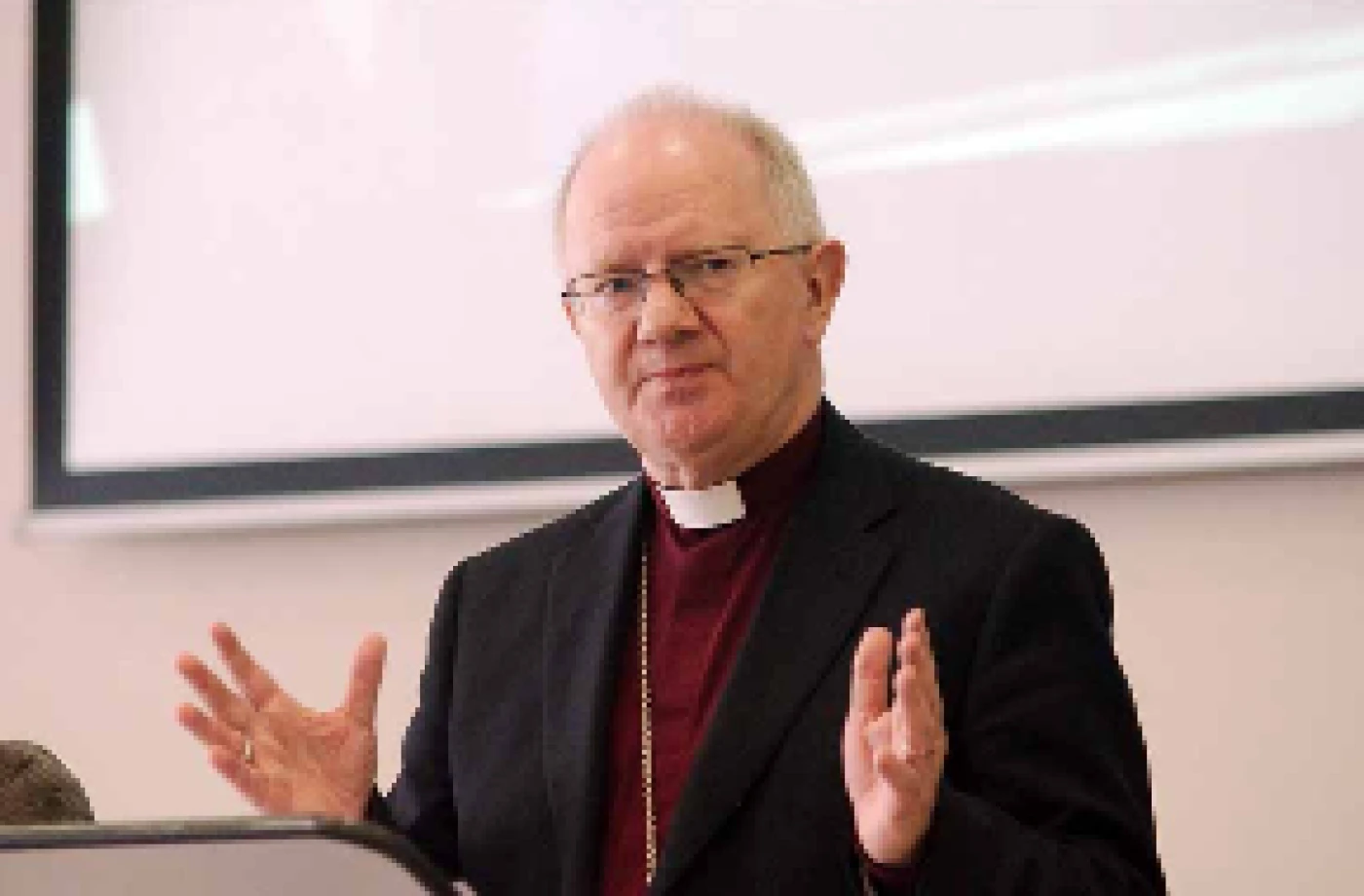Archbishop of Armagh’s Presidential Address
The Archbishop of Armagh and Primate of All Ireland, the Most Revd Dr Richard Clarke, delivered his first Presidential Address to the General Synod of the Church of Ireland on Thursday 9 May 2103.
In it, he asked members to consider ‘the fundamental purpose for which this organism of the Church has its existence’ and offer that it is ‘simply this – to receive the Gospel and to hand on the Gospel in the world … a delivery point for the Gospel of Jesus Christ. Everything the Church does or says is, or should be, connected to this single and fundamental purpose in one way or another – our worship, fellowship, evangelism, prophetic interaction with the world (whether in encouragement or rebuke), our churches and church property, our social activism and compassion, our ecumenical endeavours.’
Archbishop Clarke also asked members to think about ‘how we approach what we sometimes call “end–of–life issues”, both pastorally and medically from a Christian perspective and, as a corollary to that, are those ethical questions to do with when life begins, with the limits of bio–medical experimentation and with what is sometimes called human enhancement. When are we using responsibly the God–given gifts of mind and science, and when are we simply “playing God”?’ He said: ‘If as Christians, we believe that all life is a gift of God from its earliest beginnings to its earthly end, how are we to treat that gift, even in times of trauma and pain? These are things that really matter to many, many people, both inside and outside the Church. These are also things on which we would be heard if we would speak compassionately, intelligently and spiritually. Let us not wait until state legislation has already decided on such matters before we make a response. By then it will be too late. It is not merely a matter of making statements on behalf of the Church, or even on one’s own behalf. Every responsible Christian disciple should be ready to confront those who, whether in political life or not, would treat human life not as a gift but as a commodity. And of course we each have a role in supporting – financially and in any other way we can in our local settings – those who work with the dying and with their families through hospice care in every part of this island.’
Finally, Archbishop Clarke focussed on the subject of child deprivation throughout the island of Ireland. He said, ‘I believe that as people of the Church of Ireland we must assist in whatever way we can those who highlight the needs of children in distress today … and give what support we can to those agencies – both those involved with the Church and those independent of them – who seek to alleviate the pain and suffering of children in Ireland today.’
